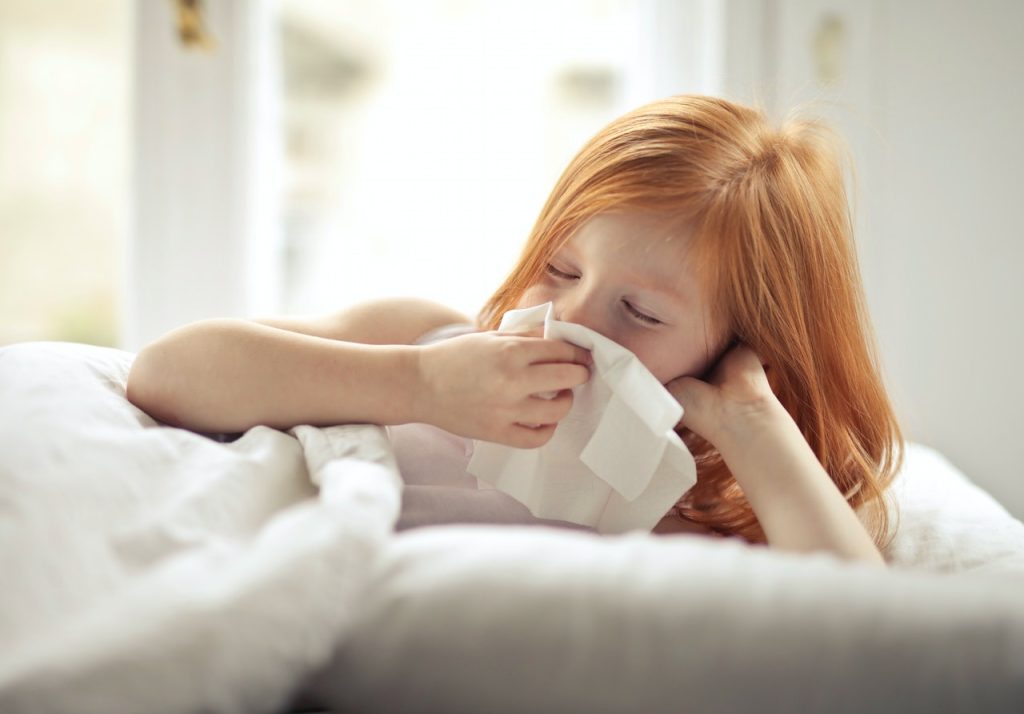Intranasal Flu Vaccine OK for Kids with Asthma

A small clinical trial published in Pediatrics has shown that intranasal flu vaccine is just as safe for children with asthma as the intramuscular vaccine. According to the researchers, within 42 days of vaccination, 10.8% of children who received the intranasal quadrivalent live attenuated influenza vaccine (LAIV4) had an asthma exacerbation compared with 14.7% of those who received the intramuscular quadrivalent inactivated influenza vaccine (IIV4).
According to the researchers, regardless of asthma severity, LAIV4 remained noninferior to IIV4. Among those with mild asthma, one of 25 kids who received the LAIV4 experienced an asthma exacerbation versus three of 16 in the IIV4 group, the researchers reported. In children with moderate to severe asthma, exacerbations occurred in seven of 49 in the LAIV4 group and seven of 52 in the IIV4 group.
“These data add to the compelling safety record of LAIV in children, including those with persistent asthma,” the researchers wrote.
The two groups also did not differ significantly in the frequency of asthma-related symptoms, including nighttime awakening, unscheduled albuterol use, cough, wheezing, or chest tightness, within 14 days of administration. Similarly, no differences were seen in peak expiratory flow rate, or changes in childhood asthma control test or asthma control test scores from baseline through 42 days.
At present, the CDC recommends against the nasal spray vaccine for children and people with asthma, citing an increased risk of exacerbations.
A previous study had suggested that the LAIV was linked increased asthma risk and reactive airway disease in children under 36 months of age, but more recent research has found no difference in risk between the LAIV and IIV, the researchers explained.
“Building off these previous studies, our prospective study suggests that LAIV may be appropriate for some children with asthma,” they noted.
“These data support reexamining precautions to using LAIV4 in children with asthma, which could be particularly important during influenza pandemics, at times when IIV4 supplies are limited, in situations of public/school mass vaccination clinics using LAIV, or for children with significant needle aversions,” they added.
The study was conducted over the 2018 and 2019 flu seasons with children aged five to 11 but expanded to include children ages 5 to 17 in its second year. The primary outcome of asthma exacerbation after 42 days was defined as an episode for which the participant sought medical care or a new prescription for corticosteroids.
The median age of the 151 enrolled participants was 9 years, and 58% were boys.
Systemic reactogenicity events in the 14 days after vaccination were not different between the LAIV4 and IIV4 groups, with the exceptions of myalgia and sore throat, which were more common in the IIV4 group.
Source: MedPage Today

